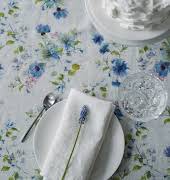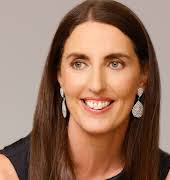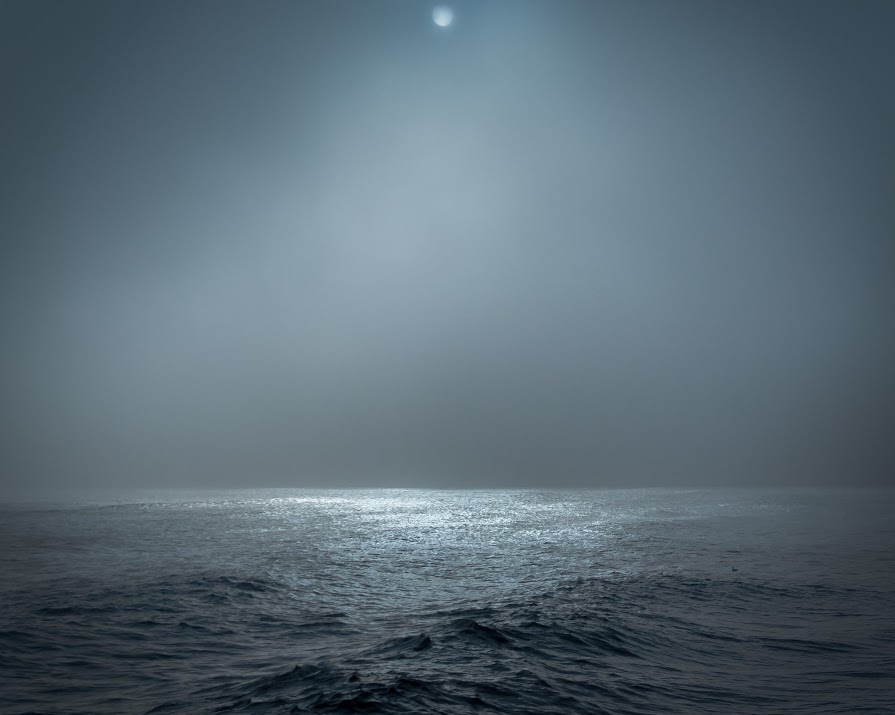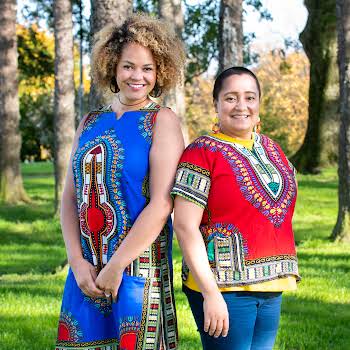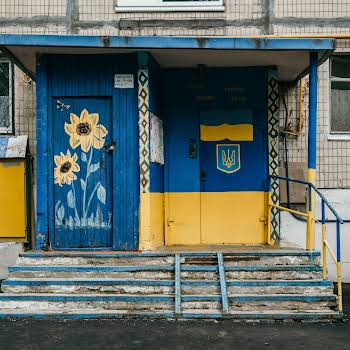Want to educate yourself on direct provision? Read the stories of people who lived it
By Sorcha Pollak
03rd Jun 2018
03rd Jun 2018
Direct Provision is a system of asylum seeker accommodation used in Ireland. The system has been criticised by human rights organisations as illegal, inhuman and degrading. The Reception and Integration Agency (RIA) Ireland describes it; ‘Direct provision is a means of meeting the basic needs of food and shelter for asylum seekers directly while their claims for refugee status are being processed rather than through full cash payments.’ Here, Sorcha Pollack, Irish Times journalist, recalls some of the people she has interviewed over her career who have lived there
Determined not to fall into depression and despair like many of the people she’d met in Balseskin, the young musician immediately began contacting choirs and community group
Mabel Chah is a Cameroonian singer who never lost hope during the years she spent waiting for an answer on her asylum application. After an initial month in the Balseskin direct provision centre in Finglas, Mabel was moved to Globe House in Sligo. Determined not to fall into depression and despair like many of the people she’d met in Balseskin, the young musician immediately began contacting choirs and community groups to find activities to keep her occupied.
“The only time I would go back to the hostel was to lay my head down and sleep. I was thinking if I’m ever going to settle into this community then I have to make it work for myself. Living in direct provision does not mean your legs have been cut off or your life is over. If you come here to be alive, then do it. What’s the worst that could happen?”
Mabel joined the local gospel choir and the town’s cathedral choir where she met Irish people from the surrounding area. “I stepped into that choir and I was the only African to sing with them. Most of us who come here from Africa and other war-torn areas, when we arrive we think everybody’s life here is milk and honey. But unless you go out and not only tell your own story but also listen to other people’s stories, you’ll never understand that life is not easy for anybody.”
Maisa Al-Hariri
When Maisa Al-Hariri first saw a news report about the boats crossing the Mediterranean packed with hundreds of asylum seekers, she never imagined her own family would end up on one of those rickety rafts. The young student had already been forced to leave her home in Syria and was still coming to terms with her family’s move to Istanbul.
She resigned herself to the strong possibility that her family would not survive the crossing.
She was shocked when, in early 2016, she discovered her mother had made arrangements for herself and her daughters to make the treacherous crossing Greece. Her older sister had already left Turkey in late 2015 and joined tens of thousands of others in their procession across mainland Europe seeking stability and safety in countries like Germany, the UK and Sweden. While her sister eventually made it to Belgium, Maisa was petrified by the prospect of following her across the Mediterranean.
She resigned herself to the strong possibility that her family would not survive the crossing. It was with this sense of despair that Maisa, her mother and sisters climbed into a dingy under cover of darkness and embarked on their journey towards southern Europe in March 2016.
“Everyone was shouting and the kids were afraid. How were they going to fit such a big number of people onto that tiny raft filled with air? It was completely dark. The water was coming inside the boat and I couldn’t see my sisters. My mum was sitting in the back where it got really wet. When we reached the middle of the sea the raft was no longer moving, it felt like we were stuck. I was just praying to God that we would reach safety. We could always see the lights on the island but it was so far away.”
Two years on from that ordeal Maisa is now studying at UCD and lives in Dublin. After more than a year in the Mosney direct provision centre, her mother and sisters recently moved to Enniscorthy in Co Wexford. However, Maisa still feels deeply unsettled by the struggles her family have endured since the outbreak of the Syrian war. She longs for the day when she finally feels settled in Ireland and can move on with her life, forgetting the violence and exodus she has lived through. The journey of this 20-year- old Syrian woman is an example of the many tales of migration that have brought new arrivals to Irish shores in recent years.
New to the Parish is available for €14.95 through New Island Books





